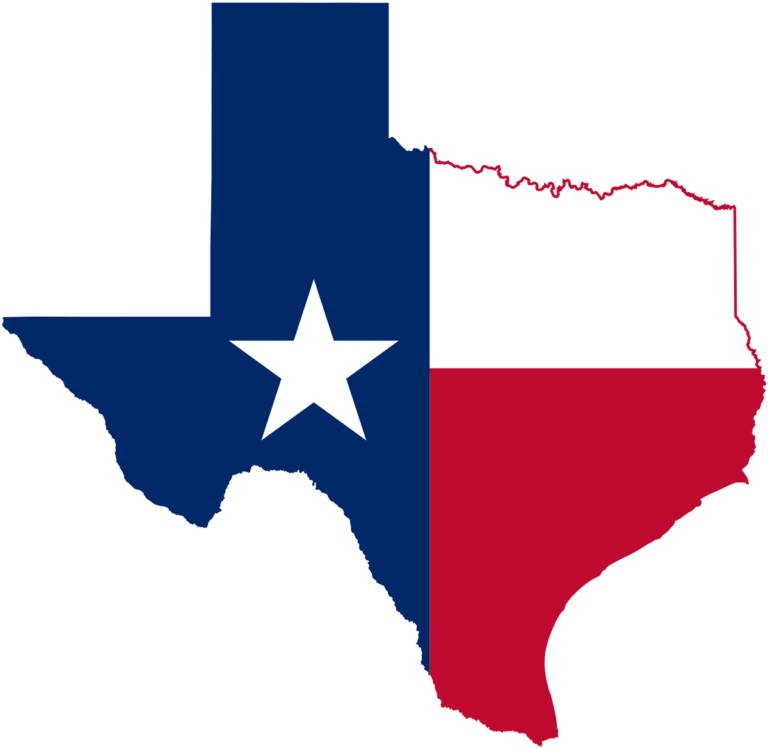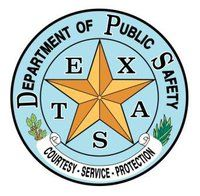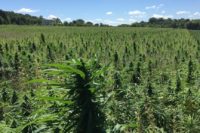
[ad_1]
When Texas Governor Greg Abbott signed Senate Bill 339, also known as the Texas Compassionate Use Act, into law in 2015, many Texans expressed frustration. The purpose of the act was to allow the THC treatment of illness via prescription, opening up the state’s medicinal cannabis market. However, the act authorized only low-THC cannabis oil (maximum strength 0.5% THC) and only for epilepsy. Many Texans with other medical conditions that would have benefited from cannabis were unable to access it, and the dosage was seen as weak and minimally effective.
In addition, those residents hoping the Lone Star State would take a significant step forward towards legalizing adult-use cannabis experienced a rude awakening. A long road was still left to travel before recreational cannabis sales would be allowed to take place.
The Texas Department of Public Safety, which oversees the Compassionate Use Program, did a study of other state’s compassionate use programs and determined that three licenses were the minimum needed to supply the state’s epilepsy population. They updated Health and Safety Code to require a minimum of three licenses, and only three licenses were issued in 2017. This, for a state with a population of 29 million.
Then, the following year, a quiet revolution began. It started with the passage of the federal 2018 Farm Bill, signed into law by President Donald Trump as the Agriculture Improvement Act of 2018. Among its many provisions were several sections dealing with the production of hemp. Because the hemp plant and the cannabis plant are the same plant, the Farm Bill defined hemp as “the plant Cannabis sativa L. and any part of that plant, including the seeds thereof and all derivatives, extracts, cannabinoids, isomers, acids, salts, and salts of isomers, whether growing or not, with a delta-9 tetrahydrocannabinol (THC) concentration of not more than 0.3 per-cent.”
 The Farm Bill also removed hemp from the Drug Enforcement Administration’s schedule of Controlled Substances and authorized states to submit plans to administer hemp programs, making sure to keep the THC of plants and products under 0.3%.
The Farm Bill also removed hemp from the Drug Enforcement Administration’s schedule of Controlled Substances and authorized states to submit plans to administer hemp programs, making sure to keep the THC of plants and products under 0.3%.
The Texas Department of Agriculture, led by its enthusiastic three-term commissioner, Sid Miller, was instrumental in promoting the hemp section of the 2018 Farm Bill. Upon the bill’s passage, Miller backed Texas House Bill 1325 which authorized the production, manufacture, retail sale and inspection of industrial hemp crops and products. HB 1325 passed unanimously in June 2019, and the Texas Department of Agriculture opened the online hemp licensing and permit application process on March 16, 2020. The cost to be licensed by the Department of State Health Services is a yearly fee of $258; a licensee either purchases a license to grow, manufacture and sell hemp products wholesale or a license to sell hemp products retail in-store and online.
The hemp is tested before harvesting to make sure the THC level stays below 0.3%; otherwise, it must be destroyed. (The type of THC being measured is delta-9 THC, the same THC used in cannabis flower, gummies and other products being sold in fully legal states.)
That being said, what the hemp farmers realized was that, by keeping the delta-9 THC content of their hemp and hemp oil to 0.3%, they could still make CBD gummies with strong psychoactive properties. A typical 4-gram gummy would support 10mg of THC and a 6-gram gummy would support THC of 15mg, while still maintaining the 0.3% legal hemp concentration. This is a similar number of milligrams of THC found in cannabis gummies sold in cannabis shops in states such as California.
The Texas state list of approved hemp varietals reads like the list of cannabis flower sold in a dispensary: names like Hemp Kush, Bubba Kush and Blu Haze abound. Additionally, because it is still hemp by the 0.3% strength definition, there is no age limit to purchases and products may be purchased online by anyone and mailed anywhere.
There were 1,123 licensed hemp growers in Texas in 2021. “We started out growing hemp for CBD oil,” commented Agriculture Commissioner Miller recently. “Typical farmers saw a lot of profit in doing that.”
A 2023 study revealed that the Texas hemp industry currently employs more than 50,000 workers and generates more the $8 billion in annual revenue. Also, between $19.1 and $22.4 billion in economic activity is generated by the 5,033 hemp, CBD and cannabinoid retailers, manufacturers and distributors in Texas.
“It is vital that Texas continues to support the hemp industry, which has become a key component of the state’s overall economy,” said Cynthia Cabrera, chair of the cannabinoids council of the Hemp Industries Association and chief strategy officer at Austin-based Hometown Hero CBD. “The results of this study demonstrate the positive economic and social impact of hemp in Texas, and that its small businesses and farmers need to be protected to continue to thrive, providing jobs and tax revenue.”
In 2020, smokable hemp, including vapes, was banned in Texas, a ban that was upheld by the Texas Supreme Court. The only allowed consumable hemp products are oil-based products, like tinctures and gummies.

Agriculture Commissioner Miller lobbied against the ban and feels it puts Texas hemp farmers in an uncompetitive position compared to other state’s hemp farmers. “After three years of administering our hemp program, it’s clear the legislature’s effort to ban smokable hemp products has reduced our competitiveness to other states and harmed our farmers,” he said earlier this year. “The ban on smokable hemp products has confused and discouraged licensed growers and forced out processing facilities on which those growers depend.”
Meanwhile, the medicinal cannabis industry has expanded, at least in terms of the conditions for writing a medical prescription and the allowable THC strength. Terminal cancer, autism, multiple sclerosis, amyotrophic lateral sclerosis (ALS), seizure disorders, and incurable neurological disorders such as Alzheimer’s, Parkinson’s, and Huntington’s Disease were approved in 2019, and in 2021, House Bill 1535 raised the THC concentration from 0.5% to 1.0% and added PTSD to the list of approved medical conditions.
From January to April 2023, Texas Department of Public Safety took applications to open more dispensaries at an applicant cost of $7,356 for each application. All licensees must be vertically integrated – product must go from seed-to-sale under one license. If approved, the applicants will owe another $488,520.00 for a two-year period. This will allow them the opportunity to serve almost 61,000 registered patients who are supported by 747 physicians approved by the Regulatory Services Division to prescribe low-THC cannabis through the Compassionate Use Program.
Tony Gallo, managing partner of Sapphire Risk Advisory Group, helped twelve of the recent license applicants prepare their applications. In addition, his firm has been assisting cannabis companies in Texas since 2017. 420CPA reached out to Tony for an “in-the-trenches” view of cannabis in Texas. Gallo believes an adult-use market is a long way away.
“Concerning growth in the Texas cannabis industry,” Gallo says, “two factors come into play — increasing what conditions are allowed for medicinal use, and increasing what areas of the state it’s allowed to be sold.”
420CPA co-founder Abraham Finberg CPA suggests hemp companies position themselves to enter the cannabis market should state legislators and the people of Texas have a change of heart and decriminalize cannabis and authorize an adult-use market. “Hemp entrepreneurs can start with CBD products as they’re doing now and expand their offerings as the laws change,” Finberg says.
[ad_2]
Source link